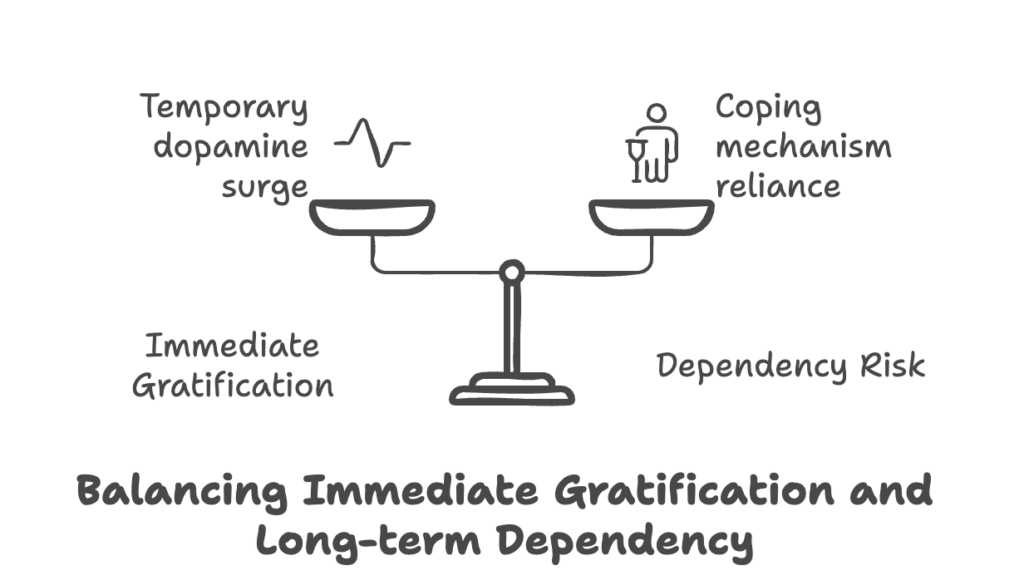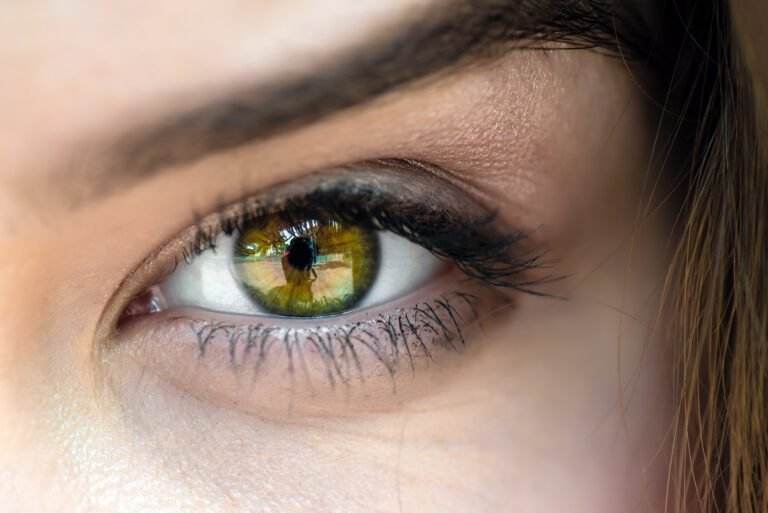So, does masturbating help? In short, it offers temporary relief by releasing dopamine—an essential neurotransmitter that our ADHD brains often lack. However, the story doesn’t end there. The nuances of how this ties into ADHD and hypersexuality deserve a closer look.
Dopamine and ADHD: Why It Matters
At its core, ADHD is a neurological condition tied to impaired dopamine pathways. Dopamine regulates motivation, reward, and pleasure, which is why we might turn to quick-fix activities like masturbation or impulsive behaviors to fill that void.
When you masturbate, your brain releases a surge of dopamine, offering immediate gratification. But like a sugar rush, this effect is fleeting. For me, it sometimes felt like hitting a reset button—calming the restless energy in my mind for a moment. However, this habit can lead to dependency, where masturbation becomes a default coping mechanism rather than a deliberate choice.
ADHD and Hypersexuality: Understanding the Link
Hypersexuality, or an increased focus on sexual thoughts and behaviors, is not uncommon in adults with ADHD. This isn’t about a moral failing; it’s our brain’s way of seeking stimulation. The Coolidge Effect, a phenomenon where sexual novelty triggers dopamine spikes, may explain why people with ADHD are drawn to varied or frequent sexual experiences. Learn more about the Coolidge Effect here.
For me, hypersexuality presented itself during periods of extreme boredom or heightened stress. Without structure, my ADHD brain defaulted to seeking that dopamine boost wherever it could, often through sexual outlets.
Does Medication Change the Game?
In my experience, ADHD medication was a game-changer. By providing a more stable supply of dopamine, I noticed my urge to masturbate dropped significantly. Instead of feeling like I needed it to function or focus, it became a conscious decision. This aligns with the idea that ADHD brains, once adequately supported, don’t need to overcompensate through hypersexuality or impulsive habits.

Masturbation: A Coping Mechanism or a Double-Edged Sword?
While masturbation isn’t inherently bad, using it excessively or as an emotional crutch can lead to challenges. Here’s how to approach it thoughtfully:
- Recognize the dopamine trap: Masturbation provides a dopamine boost, but it’s not a substitute for addressing the root causes of ADHD challenges.
- Evaluate your patterns: Are you turning to it out of boredom, stress, or emotional avoidance? Recognizing triggers can help you make more intentional choices.
- Build healthier dopamine sources: Exercise, creative hobbies, or engaging in meaningful activities can also stimulate dopamine without potential downsides.
- Seek balance: Masturbation can be part of a healthy routine, but it’s essential not to let it dominate as a primary coping mechanism.
Final Thoughts: A Personal Takeaway
For adults with ADHD, masturbation can feel like a lifeline, especially when unmedicated. It’s a way to reclaim focus and calm—if only for a moment. But understanding the deeper mechanisms at play, from dopamine deficits to hypersexuality tendencies, can help us approach this habit with greater awareness. For me, recognizing the patterns and finding alternative ways to meet my brain’s dopamine needs made all the difference.
If you’ve struggled with similar questions, know that you’re not alone—and that your relationship with your ADHD brain is a journey worth exploring.










